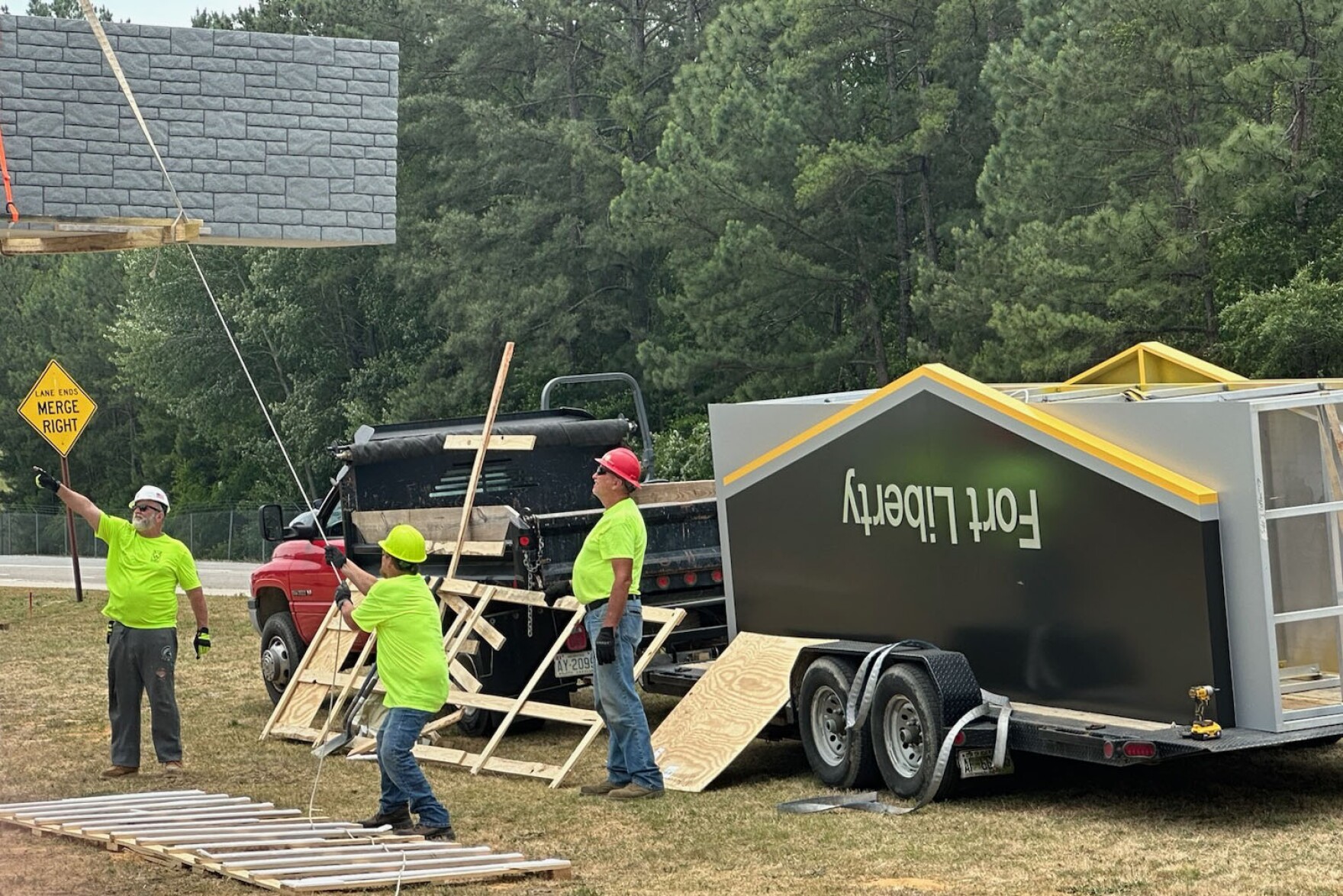After more than a century as Fort Bragg, the Army’s largest base by population officially becomes Fort Liberty this week.
But as the old name goes away, base officials are working to bind the installation’s new name to its storied history.
Bragg troops have played key roles in every major United States conflict beginning with World War I. As home to the 82nd Airborne Division, the special forces school, and the commands over Army airborne and special operations units, the base is often called "the center of the military universe."
"I've been in Europe. I've been to Korea. I've been at Fort Polk. I've been in a lot of units," said Retired Command Sergeant Major Don Nauck. "But something about the soldiers here on Fort Bragg – the esprit de corps and the camaraderie is different. Always has been."
Nauck is now a civilian employee and heads a task force handling the nuts and bolts of the name change. He said base leaders want to underline the history behind that confident culture.
One of his biggest tasks has been overseeing the creation of what he expects will become a permanent tradition: Nightly marches along a trail flanked by dozens of markers bearing short lessons about base history.
"I think it will give soldiers an understanding – and family members and veterans – that Liberty, it’s a change in our history, and we always change," he said.
"Sunset Liberty Marches" are scheduled 365 nights a year, regardless of weather. They'll honor service members, past and present.
"And I think this will help concrete or put it in place that, hey, we are Liberty," Nauck said. "And this is to represent that we're not going to forget our history, and we're going to talk about all of our history. And we're going to walk our history every day."
Fort Bragg is among nine Army bases that are dropping the names of Confederate leaders. The renaming, dictated by Congress, comes after a three-year process. The other eight bases will be renamed for people, but Bragg leaders chose to rename the base for an ideal instead.
"There were thousands of people we could have named. But how do you pick one of them?" Nauck said.

The commander of the 18th Airborne Corps will lead the first march. But after that, the people leading the way won’t all be senior leaders.
The first two, in fact, didn't even know they were going to be a part of history.
"I just learned from my wife the fact that Fort Bragg is changing its name," said Air Force Staff Sergeant Bobby McIntosh, who will march with his wife Judith, an Army specialist. "That's not why we're doing it."
McIntosh said they signed up after his wife's unit sent out an email on the march seeking volunteers. Both Bobby and Judith McIntosh come from families that can trace military service back several generations. His to the Civil War.
It's cool that we get to do this, and we can share our part of it," Bobby McIntosh said.
In keeping with the new name, the very first sign on the march route highlights the Liberty Resolves, a precursor to the Declaration of Independence.
"There were people here in Cumberland County who declared themselves free of British control," said Linda Carnes-McNaughton, an archaeologist and cultural resources expert with the base. "So they decided to create this document at Liberty Point in Cumberland County."
"These are people with their minds set to be America," she said.
That’s the first history sign on the route. The last one notes the name change to Fort Liberty.
This story was produced by the American Homefront Project, a public media collaboration that reports on American military life and veterans.










